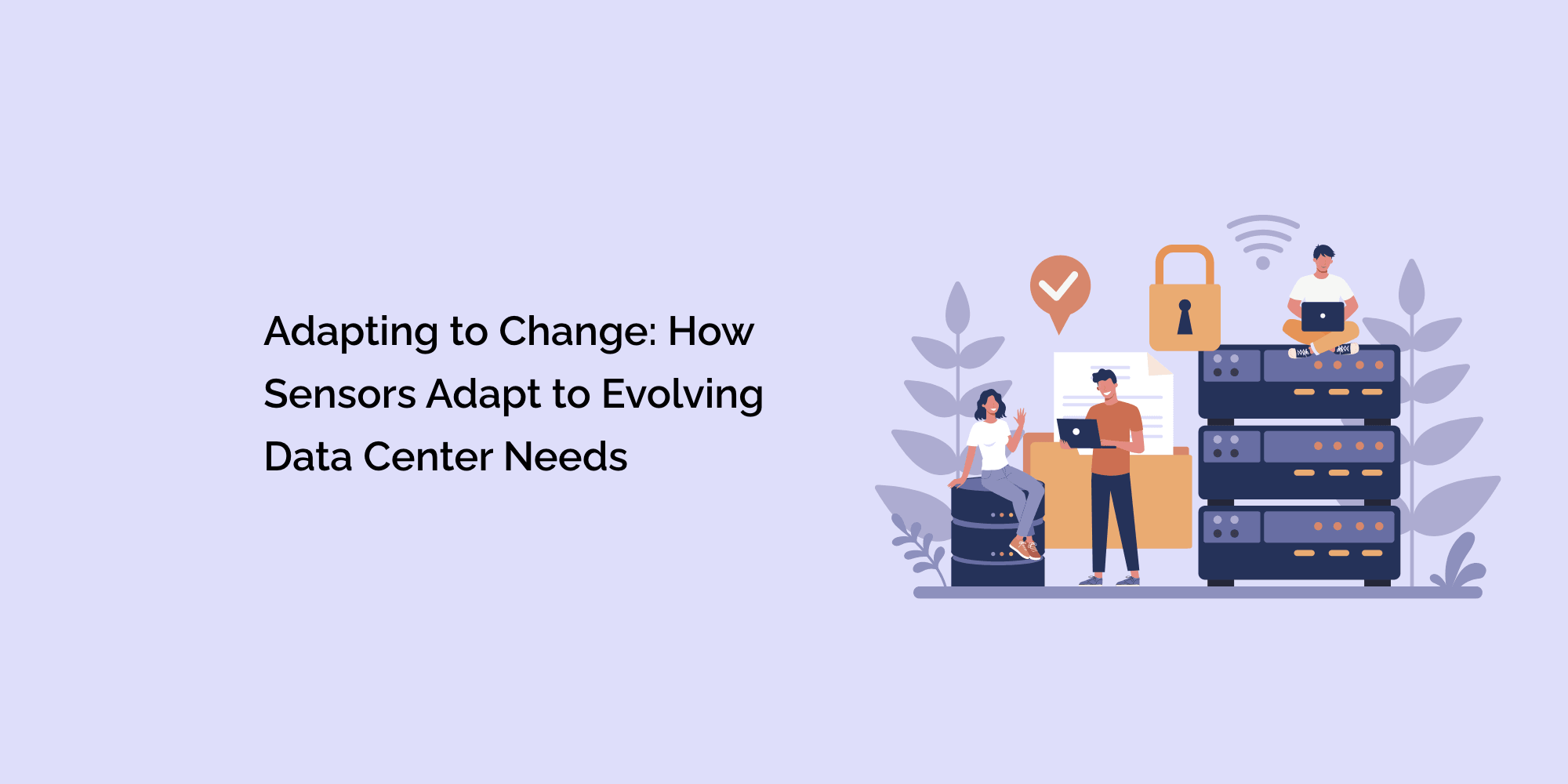In the digital age, data centers are the backbone of countless businesses and organizations. They are the guardians of critical information, applications, and services. As data center requirements continually evolve, so too must the technology that supports them. This blog explores the pivotal role of sensors in adapting to the changing landscape of modern data centers.
The Ever-Changing Data Center Landscape
An overview of the dynamic nature of data center environments:
- Data Center Evolution: Understanding how data centers have transformed over the years.
- The Digital Economy: The role data centers play in powering today's businesses.
- Scalability and Flexibility: Why data centers must adapt to changing workloads.
The Critical Role of Sensors in Data Centers
A deep dive into the significance of sensors in data center management:
- Data Center Monitoring: How sensors contribute to real-time data collection.
- Comprehensive Insights: The range of data sensors can provide.
- Efficiency and Cost Savings: Leveraging sensors for better resource management.
Temperature and Humidity Sensors
Exploring the central role of temperature and humidity sensors in data centers:
- The Impact of Climate: Understanding how temperature and humidity affect data center performance.
- Sensor Technology: A closer look at the different types of sensors available.
- Adaptive Control: How sensors maintain ideal conditions and save energy.
Power Usage Monitoring
Examining the importance of power monitoring for efficient data center operations:
- Power Quality: Why monitoring power quality is essential.
- Power Usage Efficiency (PUE): How sensors help optimize energy consumption.
- UPS and Backup Power: Ensuring data center continuity during power disruptions.
Security and Access Control
A discussion of security challenges in modern data centers and the role of sensors:
- Data Center Security: The significance of safeguarding against physical threats.
- Surveillance Systems: Implementing video monitoring for enhanced security.
- Environmental Monitoring: Detecting smoke, fire, and other security risks.
Scalability and Flexibility
How sensors adapt to the needs of scalable and flexible data centers:
- The Demands of Scalability: How data center growth impacts sensor requirements.
- Flexible Data Center Design: Adapting to ever-changing infrastructure layouts.
- The Role of Edge Data Centers: Sensors for edge computing facilities.
Sensor Technologies on the Horizon
Exploring emerging sensor technologies in data center environments:
- Artificial Intelligence (AI) and Machine Learning: The potential of AI-driven data center monitoring.
- Internet of Things (IoT) Sensors: How IoT sensors are revolutionizing data center management.
- Sustainability Sensors: The role of eco-friendly sensors in modern data center designs.
Case Studies in Sensor Evolution
Real-world examples of how sensors have adapted to the changing needs of data centers:
- Large-Scale Data Centers: How industry leaders use advanced sensors to meet high demands.
- Modular Data Centers: Adapting sensors to the modular data center concept.
- Cloud Data Centers: Sensors in the cloud era and their evolving role.
The Future of Data Center Sensor Technology
A look at the future of sensor technology and its impact on data centers:
- Smart Data Centers: The rise of data centers with cognitive and predictive abilities.
- Data Center Sustainability: How sensors will contribute to greener data center practices.
- Security Innovations: The evolution of sensors in ensuring data center safety.
Conclusion
Data centers are living organisms that must adapt to the ever-changing landscape of technology and business needs. Sensors play a pivotal role in this adaptation, providing insights, control, and security. As data centers continue to evolve, so will the technology that supports them, ensuring that critical data and applications are always available and secure. With the right sensors in place, data centers can meet the challenges of today and tomorrow with confidence.








